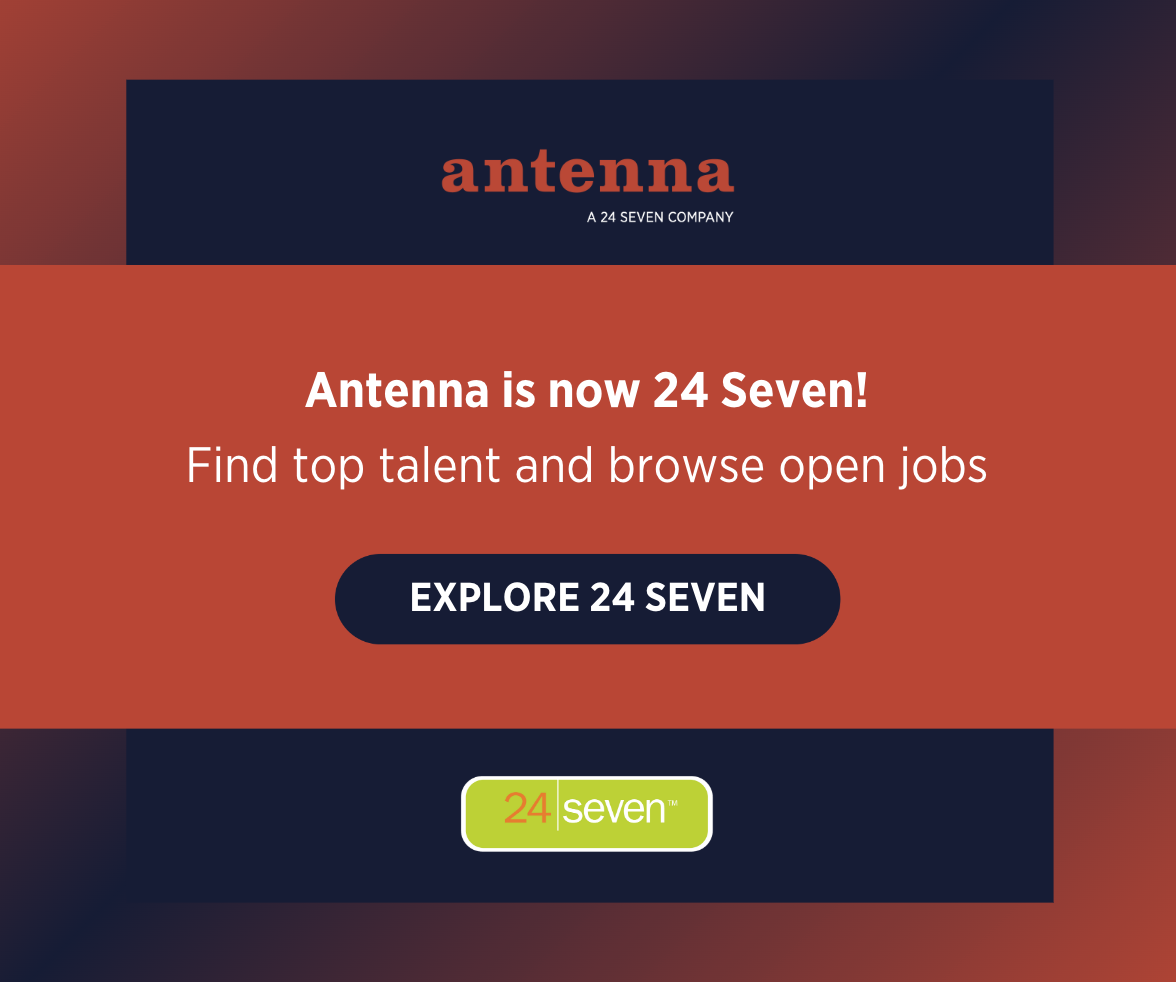
How to Answer the Mid-Career Question, 'What Should I Do Next?'
By Brendon Schrader
Sooner or later it happens to most of us: We feel a little uncertainty or confusion around our careers. This can come as a surprise — after all, we’re good at what we do and enjoy doing it. So why the dissatisfaction?
This isn’t an uncommon issue. I have a lot of conversations with people who feel like they’ve hit a plateau or are slumping a little, and research has found that many people hit a dip in career satisfaction right in the middle of their careers.
I’ve talked to so many people about this issue that I wrote up some advice for Forbes about how to get through a mid-career slump. Honest answers and some self-assessment can help you find clarity about what to do next. Here’s where to start.
Figure Out What Is Making You Unhappy at Work
Stephen Glomb coaches executives and MBA graduate students at the Carlson School of Management at my alma mater, the University of Minnesota. He says he asks people to “talk out loud about jobs they've held in the past that truly made them happy.” “Often you will start to hear clear themes that emerge, such as an inspiring leader, or a fun, close-knit team,” Glomb says. This exercise helps people pinpoint what’s missing in their current role and what features they should prioritize as they make a change.
People’s work-related unhappiness tends to fall under three categories:
Career trajectory: Where are you in your career, and are you happy with that? Have you advanced on the path you expected?
Type of work: Are you challenged by your work? Do you feel fulfilled and motivated? Are you learning and growing?
How you work: Are expectations about when, where and how you work interfering with your personal responsibilities and priorities?
Once you know why you’re unhappy and what you want, start talking about it.
Talk to Your Manager
One person you should consider speaking with is your manager. You might be able to reconfigure your job to change the parts you don’t like, career coach Nancy Burke says.
“Put together an initial plan that highlights the advantages to your organization of supporting your move — how might this benefit your company, or at least not incur any risk,” she says. “I recently had a client who did just that. He loved parts of his job, but he really wanted to escape the parts he didn’t like. After a couple of discussions with his manager, they worked out a plan to improve his fit by changing his job. He was able to delegate the budget to an assistant, who was thrilled to get more responsibility, tap other staff to attend some of the meetings he hated, and negotiate more time to work from home. He didn’t expect such support or flexibility, and he now has a new outlook on his job — and his boss.”
On the other hand, if you decide to leave your organization, your soul-searching should have given you a list of qualities to look for (and avoid) in a new job. Instead of applying for any job you’re qualified for, return to your decisions about what you need to be happy and let them guide you.
Get two more tips and read the full article at Forbes.
Subscribe to our blog to get the latest post delivered to your inbox weekly.
Stay connected with Antenna. Follow @Antenna for our take on marketing trends, corporate culture, and current events.
ABOUT ANTENNA
Antenna is a leader in delivering top marketing professionals to corporations of all sizes for project-based consulting, interim leadership assignments, and contract staffing engagements. With headquarters in Minneapolis, Antenna draws from its private community of experienced marketing talent to help clients balance the flexibility and expertise modern marketing organizations demand.
